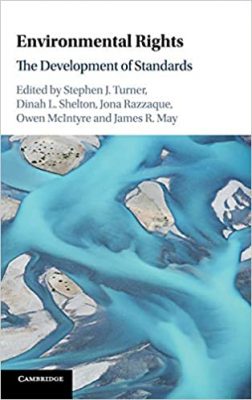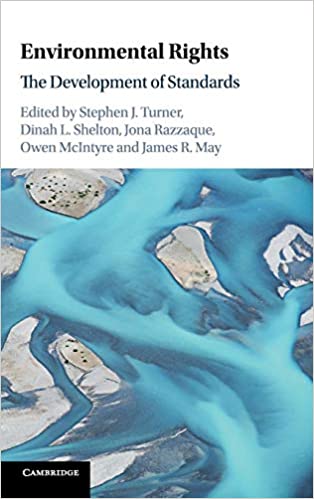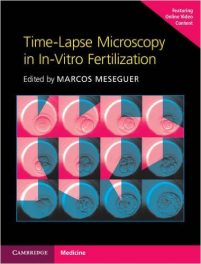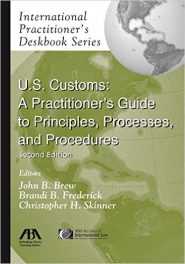 Editors: Stephen J. Turner, Dinah L. Shelton, Jona Razzaque, Owen McIntyre, James R. May
Editors: Stephen J. Turner, Dinah L. Shelton, Jona Razzaque, Owen McIntyre, James R. May
Publisher: Cambridge University Press – 407 pages
Book Review by: Sonu Chandiram
Most laws relating to safeguarding our environment began to be developed and enacted since the 1970s, after the conclusion of the Conference on Human Rights and the Environment (UNCHE) in 1973. On the other hand, the development and advancement of human rights began several decades earlier after the Universal Declaration of Human Rights in 1948.
Both sets of rights have developed and advanced independently of the other. Issues such as climate change, pollution control, and waste management require a different set of expert knowledge and skills than do issues such as freedom of expression and the right to a fair trial.
But in recent decades, there has been some overlap, Stephen Turner points out in the Introduction. A simple, glating example of this overlap is this: our human right to life and health can be negatively impacted with the pollution of our air and drinking water by violators of our environmental laws.
Twenty-two specialists on environmental rights, international law, and related fields – from all over the United States and eight other countries – Argentina, Ireland, Kenya, New Zealand, Portugal, South Africa, and the United Kingdom – authored or coauthored the chapters of this book, listed below to provide you an overview of the contents of this book:
- Introduction: A Brief History of Environmental Rights and the Development of Standards
- Environmental Rights and International Human Rights Covenants: What Standards Are Relevant?
- The ECHR, Environment-Based Human Rights Claims and the Search for Standards
- The American Convention on Human Rights and Environmental Rights Standards
- The African Charter on Human and Peoples’ Rights and Environmental Rights Standards
- The Aarhus Convention: Standards for Access to Justice in Environmental Matters
- The Emergence of Standards regarding the Right of Access to Water and Sanitation
- Standards in the Procedural Rights of Multilateral Environmental Agreements
- A Stock-Taking of FPIC Standards in International Environmental Law
- Environmental Standards and the Right to Life in India: Regulatory Frameworks and Judicial Enterprise
- Environmental Rights in the Portuguese Constitution
- The Argentine Constitution and its Relationship with Environmental Standards
- The South African Constitution – Standards
- The French Charter of the Environment and Standards
- The Constitution of Bhutan: A Quantitative Environmental Standard
- The Rights of Nature: Guiding our Responsibilities through Standards
- Standards in Sub-national Environmental Constitutionalism
- Conclusion: Analyzing the Development of Standards in the Field of Environmental Rights
It was not until the 1960s and 1970s that conceptions of environmental rights began to emerge that impinged on basic human rights, such as the very right to live safely, free from harm to one’s life. For example, Rachel Carson argued that the United States Constitution should contain a provision that guarantees citizens, the freedom from lethal poisons. In 1976, Professor W.P. Gormley asserted the existence of a new human right that guaranteed ‘a minimum decent environment’.
This is a pioneering contribution to the development of issues at the intersection of human rights and the environmental rights of humans. But it goes further by presenting standards that set specific levels of protection of humans from dangerous environmental hazards. It is a step in the right direction in the effort to improve our lives and health here on our planet.
Editors:
Stephen J. Turner is a Senior Lecturer at Lincoln University in the United Kingdom
Dinah L. Shelton is Manatt/Ahn Professor of International Law Emeritus at George Washington University
Jona Razzaque is Professor of Internal Law at Bristol Law School at the University of the West of England
Owen McIntyre is Professor and Director of LL.M. at University College Cork School of Law in the United Kingdom
James R. May is Distinguished Professor of Law at Widener University, Delaware Law School







